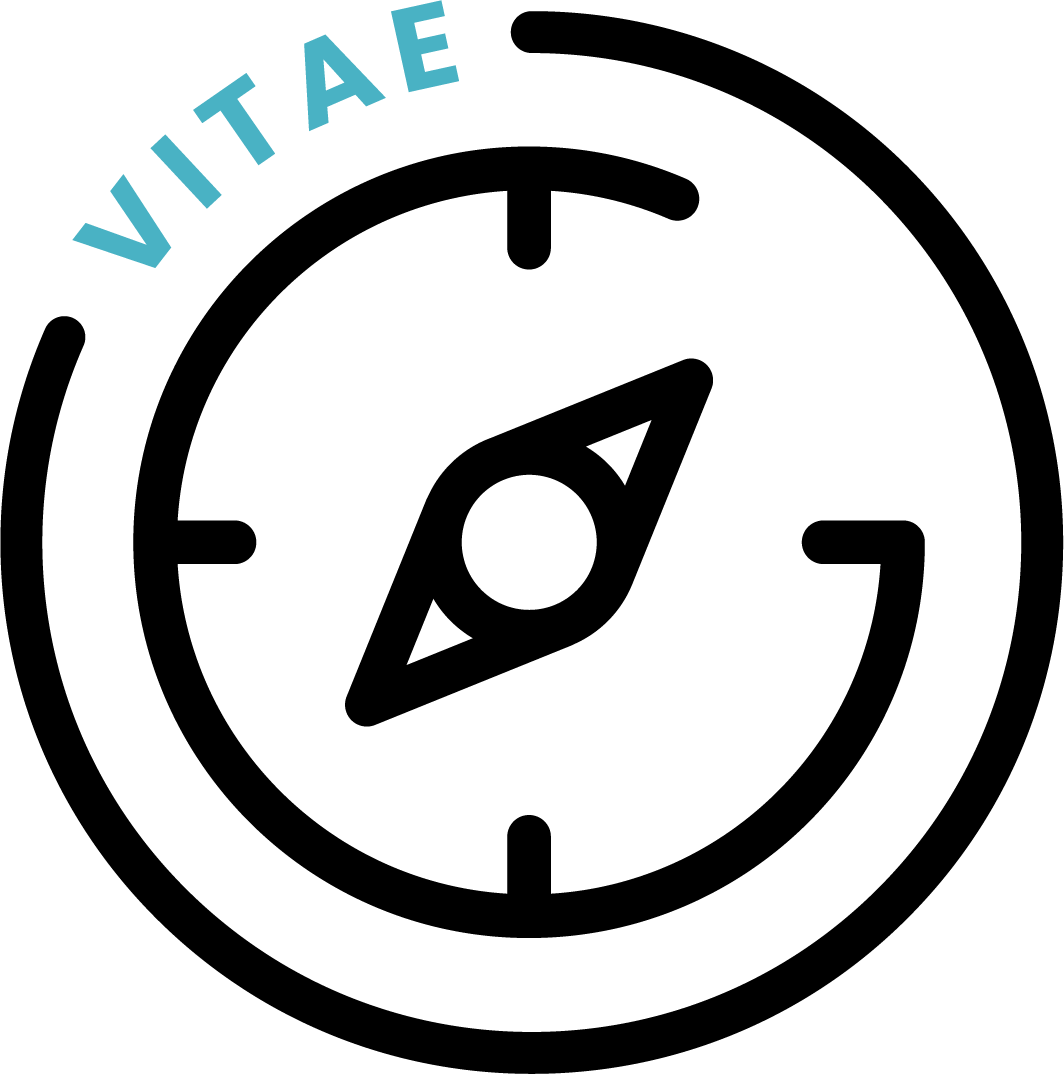Next Role Framework: Neurohacks to create your next role before you have it.
There have been a few developments and realisations at work lately and you know, it’s time. Time to move on to the next thing. Working out what your next role is important. Being clear on what you want is half the journey to getting what you want. But like most of us modern professionals, who, according to this Deliotte report will have, on average 11.5 careers in a lifetime (careers not jobs) knowing exactly what the next that is, is rare.
Our business specialises in helping people make this journey (it’s called Vitae if you’d like to check it out!). While everyone’s journey is different, we start by asking everyone these three questions. If you’re currently changing careers or thinking about what is next, use these three purposeful questions to help find your next role of purpose.
What areas I am interested in/attracted to?
Life and your career is truly one big iteration, so being clear on where you want to play next serves as a good guide for shaping your next role. Rather than focus on what you want to do for the rest of your life, (which only 5% of people get right in one move – primarily because they lack drive and imagination) focus on what is next. What are you attracted to for you next step?
This response is broken into two parts; Industry/Company and Role. For your Industry/Company write down all the industries (Retail, Tech, Marketplaces, FinTech, Insurance) and companies within those industries you’re interested in. If you’re not sure move to the ‘role’ step. You can always come back to the company.
For your role write down the functional areas (sales, marketing, product, engineering, finance etc) of interest and the role titles you’re attracted to. It’s also important to outline your salary expectations.
Company
Eg. In my next role, I would like to work for… [insert list of companies]
Role
I am attracted to, and would like a title along the following lines:
– Head of Marketing
– Head of Product
– Head of Engineering
– Director of Sales
– Managing Director
– General Manager
– CCO
– CEO
Salary
Complete the statement below, or something similar which you create yourself. Ensure this resonates with you, so it sticks with you. These types of statements are powerful neurological tools. According to Nobel Prize Winning Neuroscientist, Eric Kandel, to the brain, imagining/envisioning and doing are the same.
“I would like the following salary of [insert salary base + super + bonus + equity (if applicable)] because I believe I have the skills, talents and capabilities worthy of this level. I know this salary will provide me with all I need to perform my role happily and gratefully while leading an abundant life.”
2. How do I want to feel?
Now that you have a rough idea, about what you’re attracted to, let’s work out how you want to feel in this role. Be as specific and uncompromising as possible. There is nothing wrong with asking for what you truly want. Some examples include:
In my next role I want:
– A supportive team
– A smart manager who coaches me
– To be running my own business
– To be part of a startup, scaling a global product in [insert desired] market
– To look forward to work and be happy
Don’t leave anything off – you can always edit it later – so try to let your pen flow or fingers tap your keyboard without judgement.
3. Why do I want this role?
Lastly, a clarifying and testing self-reflection point. Sometimes we can find ourselves in situations or thinking about moving because of decisions we made/are making based on the ‘should’ conversation. I ‘should’ take this role because, I need the money or because it’s the right thing or the safe thing, or it will make my parents/partner/children happy. Or I should be further ahead by now. This last question is used as an honest self-reflection point. Why do you want this role that you have just described?
To break this down, try answering these questions.
Why do I need a new role?
Why do I think this new role with make me happy?
Who is this new role for? Me or others? If others list them out.
Do I believe getting this role challenges anyone’s perceptions of me? If yes, list who and why.
Do I feel I am ready for this new role?
Am I excited by this new challenge or more worried by this new challenge?
If this role you have described is true to you and serving you, summarise with this sentence, or create one which similarly feels comfortable. Remember your brain is a powerful tool, so when you think of your new role, try and focus on this statement. Sending positive and affirming messages into your mind with help prioritise these positive pathways.
“I want this role because I believe it will bring me the happiness, comfort, success and financial reward that truly I am worthy of. I believe that a role of this nature will allow me to grow and be the best version of me whilst sharing my talents and passions with the world.”
These three questions serve as the focusing lens to the vision in your mind. Responding and thinking about these questions will frame what your next role could be, whilst helping your brain create new positive pathways. These three simple questions will help give you the clarity to find what’s deeper down – and thereby what you truly want from this exciting new chapter.
